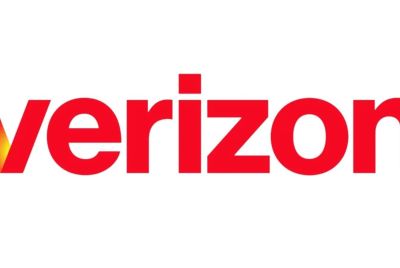UN Endorses Morocco's Autonomy Plan for Western Sahara as King Mohammed VI Calls It a 'Historic Moment'
Security Council breaks decades-long deadlock with landmark resolution

On 31 October 2025, the United Nations Security Council adopted a landmark resolution endorsing Morocco's 2007 Autonomy Plan as the only 'serious, credible and realistic' basis for resolving the decades-old dispute over Western Sahara. The resolution passed with 11 votes in favour, three abstentions, and one expected non-vote from Algeria, breaking years of diplomatic stalemate and signalling a major shift in international consensus on the issue.
A turning point after fifty years
The Security Council text describes Morocco's proposal as 'the exclusive framework for a peaceful, durable and mutually acceptable solution.' It effectively ends support for a referendum on independence, long advocated by the Algeria-backed Polisario Front. The decision reflects a broad realignment that has unfolded over the past five years. Since 2020, the United States, Spain, France, and the United Kingdom have each endorsed Morocco's plan as a pragmatic compromise. Roughly two-thirds of UN member states now back it, turning what began as a national initiative into a global consensus.
Mohammed VI reacts within minutes
Less than 30 minutes after the vote, King Mohammed VI addressed the Moroccan nation in a televised speech from Rabat. 'After fifty years of sacrifice, we are opening a new and victorious chapter in the consolidation of Morocco's sovereignty over the Sahara,' he said. Calling the day 'a decisive turning point in modern Moroccan history,' the monarch added that 'there will be a before and an after October 31, 2025.'
The King announced that Morocco will update and expand its Autonomy Plan before formally resubmitting it to the United Nations 'as the sole basis for negotiation', signaling that the process will now move from diplomacy to implementation.
From regional diplomacy to global endorsement
Friday's vote crowns years of carefully calibrated diplomacy by Mohammed VI. Following Morocco's return to the African Union in 2017, Rabat has relied on economic partnerships, infrastructure investment, and political outreach across the continent to strengthen its case.
Through major projects—ports, renewable-energy hubs, and cross-border logistics corridors—the country positioned itself as a connector between Africa, Europe, and the Middle East. This strategy, combined with strong ties to Washington, Paris, London and Madrid, helped Morocco gain broad recognition of its sovereignty claims while isolating Algiers diplomatically.
Economic implications for Africa and beyond
Beyond the diplomatic milestone, the UN decision has clear economic consequences for North and West Africa. The Sahara region, notably around Dakhla and Laâyoune, holds vast potential in renewable energy, fisheries, and logistics. It is expected to become a strategic trade and energy hub linking the Atlantic, the Sahel and southern Europe.
With the UN endorsement providing long-sought political clarity, Morocco is poised to attract new foreign investment. Gulf sovereign funds, European energy companies and African infrastructure groups are already exploring projects in green hydrogen, transport and tourism. Analysts say this could unlock billions of dollars in regional trade and advance the continent's integration through the African Continental Free Trade Area. 'The message to investors is stability,' said one North African economist. 'The political uncertainty that held back investment for decades is now largely removed.'
A cautious outreach to Algeria
In his address, Mohammed VI also reached out to Algerian President Abdelmadjid Tebboune, urging a 'fraternal dialogue' to rebuild trust and reopen channels of cooperation. He reiterated Morocco's commitment to revitalising the long-stalled Arab Maghreb Union, emphasising that stability and economic progress require collaboration rather than rivalry.
Whether the latest momentum will lead to regional reconciliation remains uncertain. But for now, the Security Council's vote—coming just days before the 50th anniversary of the 1975 Green March, when Moroccans reclaimed the Sahara—marks a turning point in one of Africa's longest-running conflicts.
By endorsing the Moroccan Autonomy Plan, the UN has effectively reset the diplomatic framework for Western Sahara and opened the door to a new phase focused on economic cooperation, investment and regional stability.
© Copyright IBTimes 2025. All rights reserved.





















